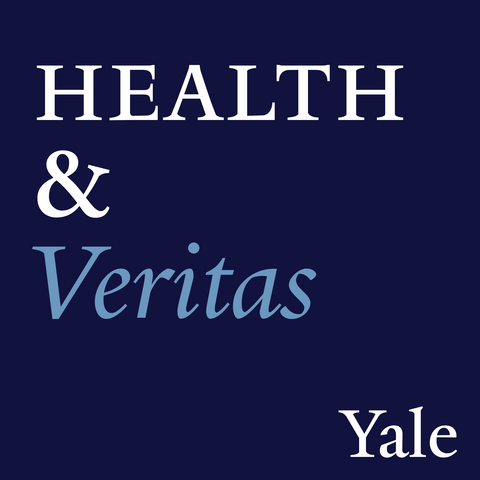Healthcare
Do the New Obesity Drugs Pay for Themselves?
Could expensive drugs like Ozempic save healthcare systems money by reducing the risk of obesity-associated diseases? A new study co-authored by Yale SOM’s Jason Abaluck suggests that other health expenses may actually increase over the first couple years of treatment.

Does the Location of a Hospital Room Affect Quality of Care?
Using data from infrared location tracking tags, Yale SOM’s Lesley Meng and her co-authors determined that nurses visit rooms that are farther from the nurses station less frequently, but for longer.

Bringing Private-Sector Values to the Public Sector—and Vice Versa
Professor Teresa Chahine talks with Roderick Bremby, who led a dramatic turnaround of Connecticut's Supplemental Nutrition Assistance Program. Today, he is an executive at Salesforce, which has provided contact tracing and vaccine management during the COVID-19 pandemic.

Does Health Insurance Improve Individuals’ Financial Health?
In a new paper, Yale SOM’s Paul Goldsmith-Pinkham and his co-authors find that when Americans turn 65 and start to receive health insurance through Medicare, there is a measurable decline in debt, particularly in the South and among those with the greatest debt.

To Extend Vaccines’ Reach, Distribute Them through Dollar Stores
A new Yale study says that a partnership with the Dollar General retail chain, which is being considered by the CDC, could bring vaccination sites substantially closer to low-income, Black, and Hispanic households in many parts of the United States.

To Convince the Vaccine Hesitant, Understand Their Underlying Motivations
What will change the minds of those reluctant to get the COVID-19 vaccine? Yale SOM’s Vineet Kumar and two Yale doctors used the tools of consumer marketing to survey hesitant healthcare workers and analyze their responses.

How Connecticut Accelerated Its Vaccinations
Josh Geballe ’02, Connecticut’s chief operating officer, explains the state’s controversial decision to switch to age-based eligibility for COVID vaccines—and says it likely saved lives.

How COVID Has Worsened the Opioid Epidemic
There is another epidemic we cannot lose sight of: the opioid epidemic, which has become only more acute in the United States and elsewhere amidst the disruptions and stress caused by COVID-19.

Can Legalizing Cannabis Curb Deaths from Opioids?
A new study co-authored by Yale SOM’s Balázs Kovács uses new data to uncover a striking association: the more legal cannabis dispensaries there are in a given county, the fewer opioid overdoses.

The Vaccines Bring Hope—and New Questions
A year into the COVID-19 pandemic, vaccines are a reality—and now we face the logistical and medical complications of inoculating a vast population while infection rages and the virus mutates. We asked Yale SOM’s Dr. Howard Forman, a public authority on the pandemic, for an update.

How Systems Thinking Can Help Stop Neglected Tropical Diseases
Despite being easy and inexpensive to treat, a group of common bacterial and parasitic infections kill hundreds of thousands of people in tropical countries each year. In a new paper, Yale SOM’s Teresa Chahine and her co-authors map the complex system of stakeholders surrounding the diseases and identify key leverage points for making progress.

